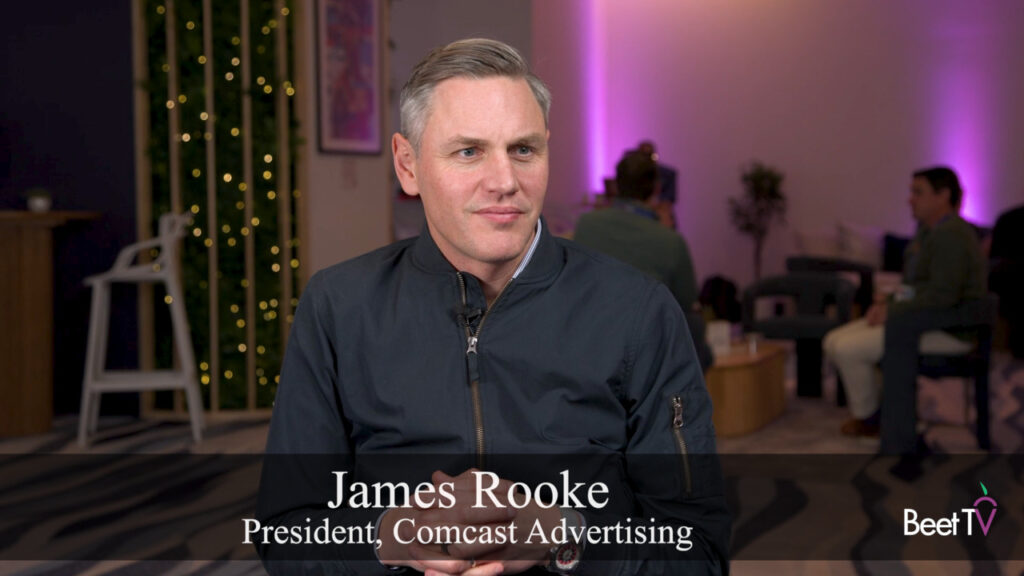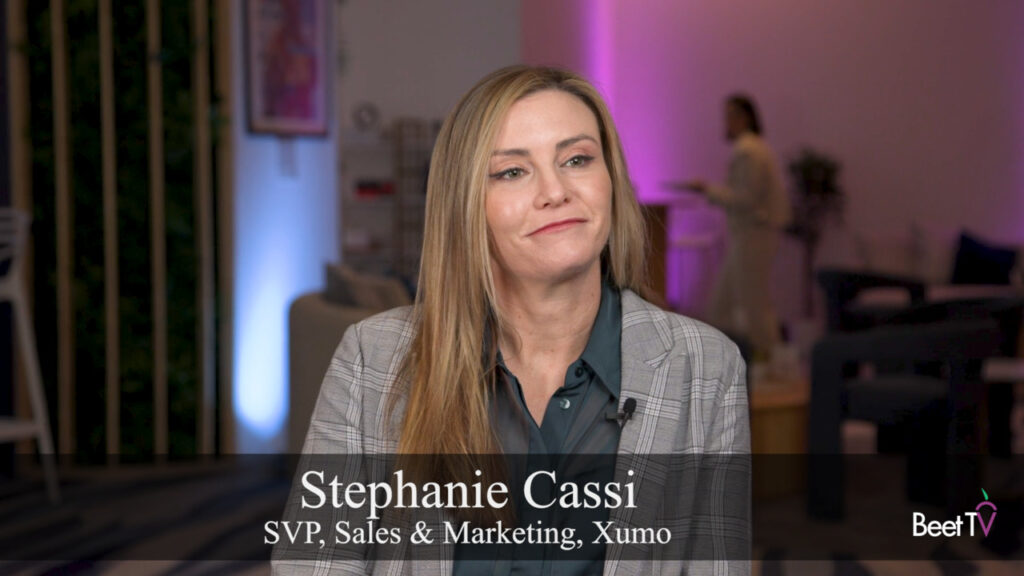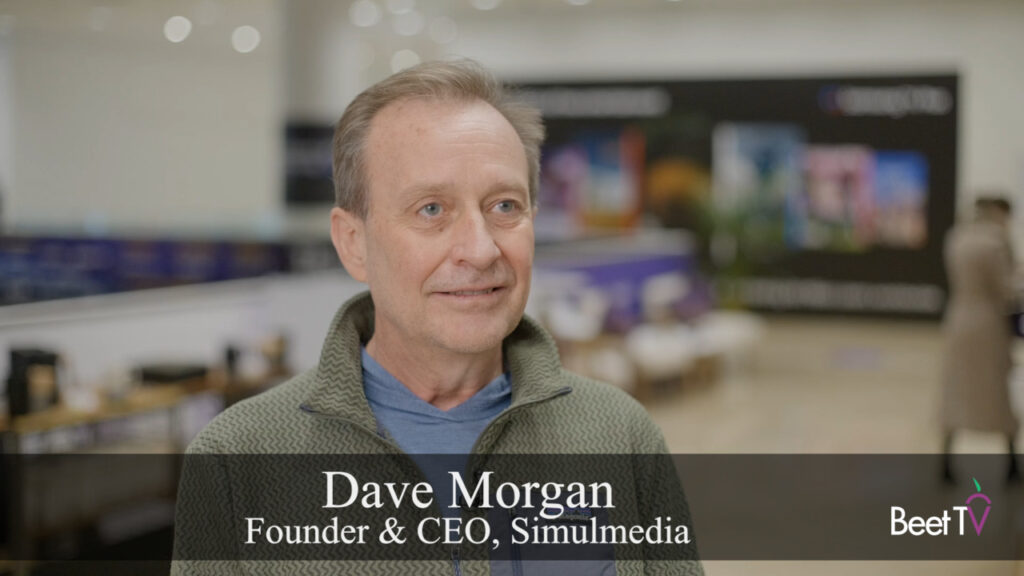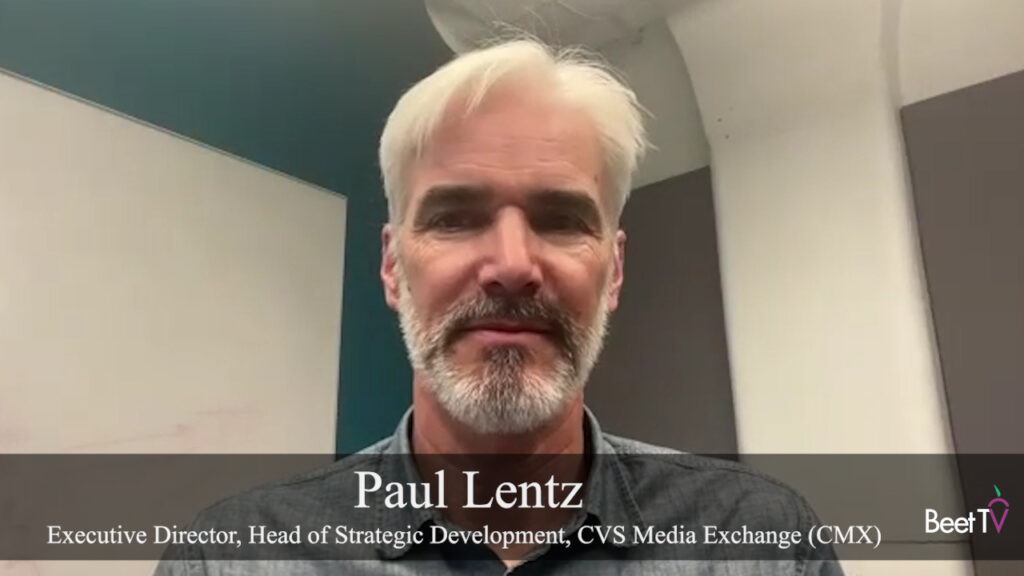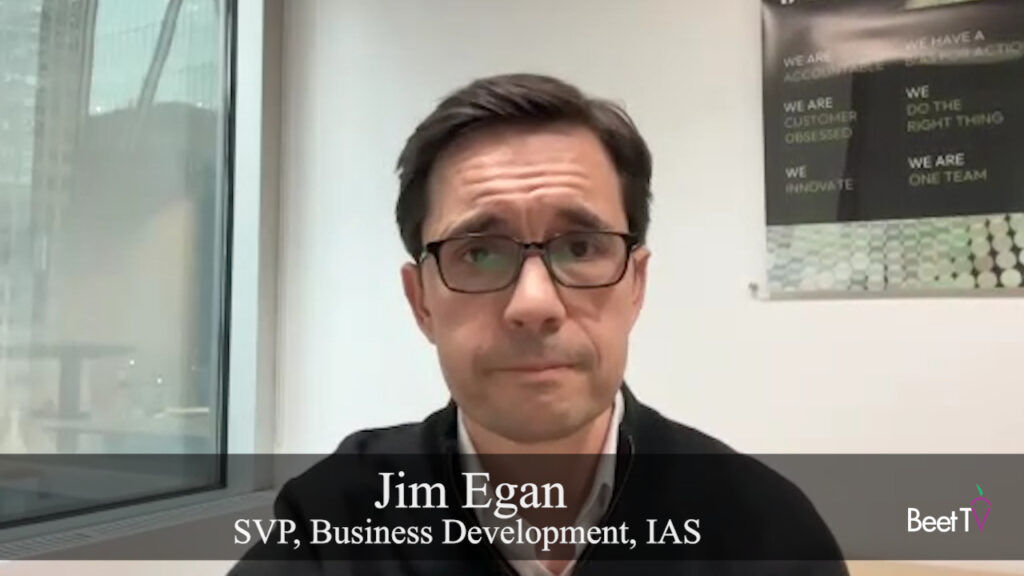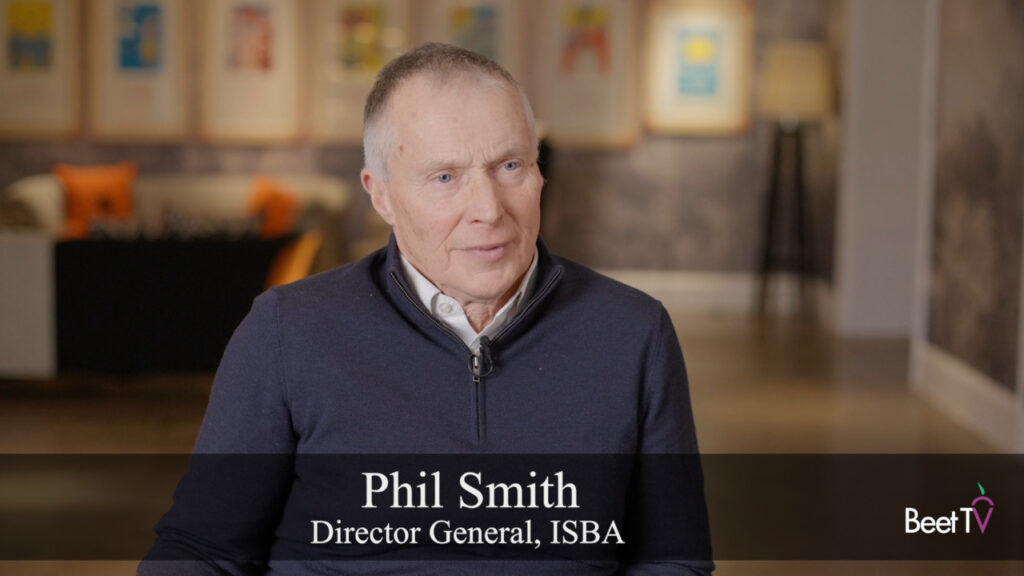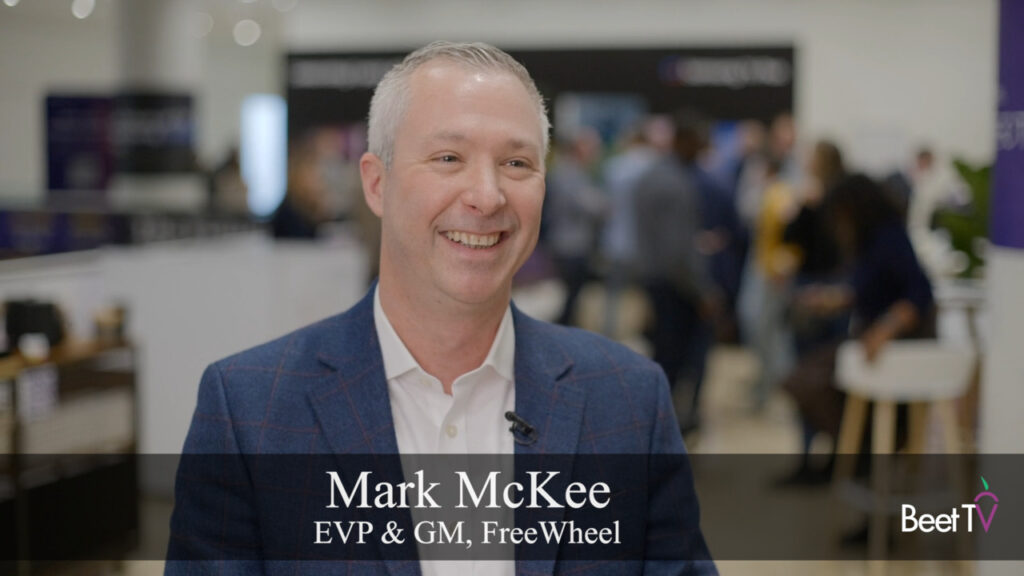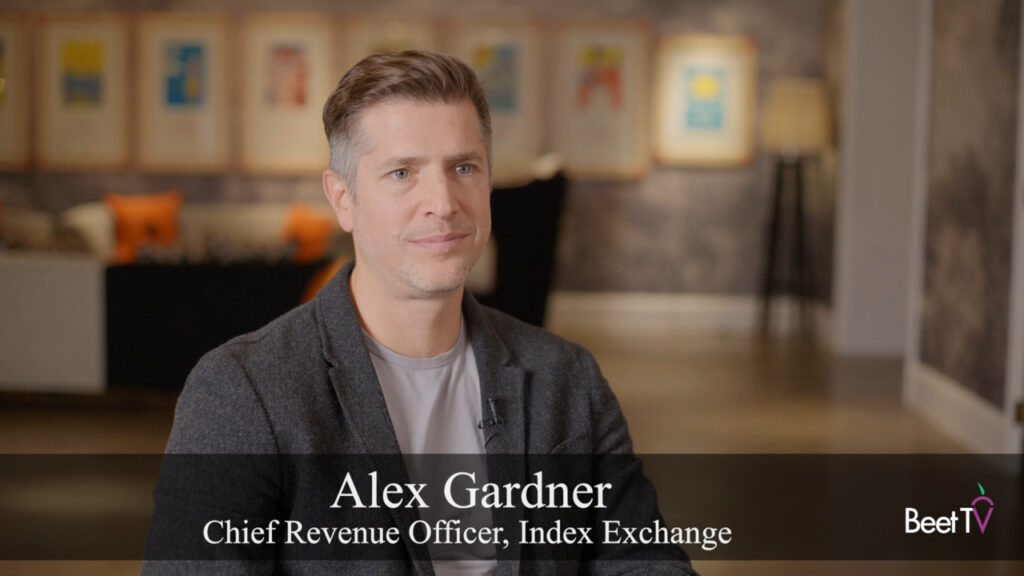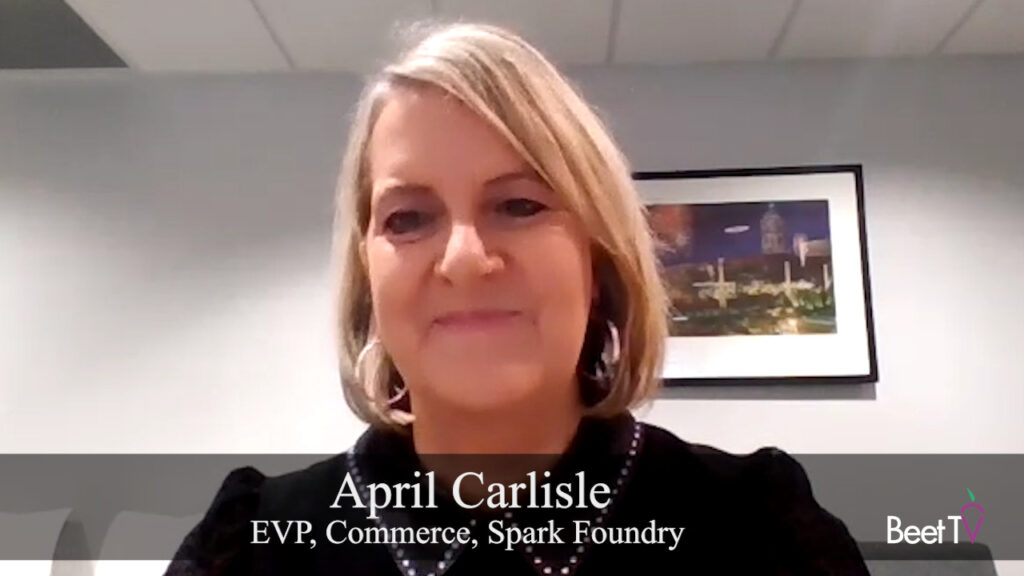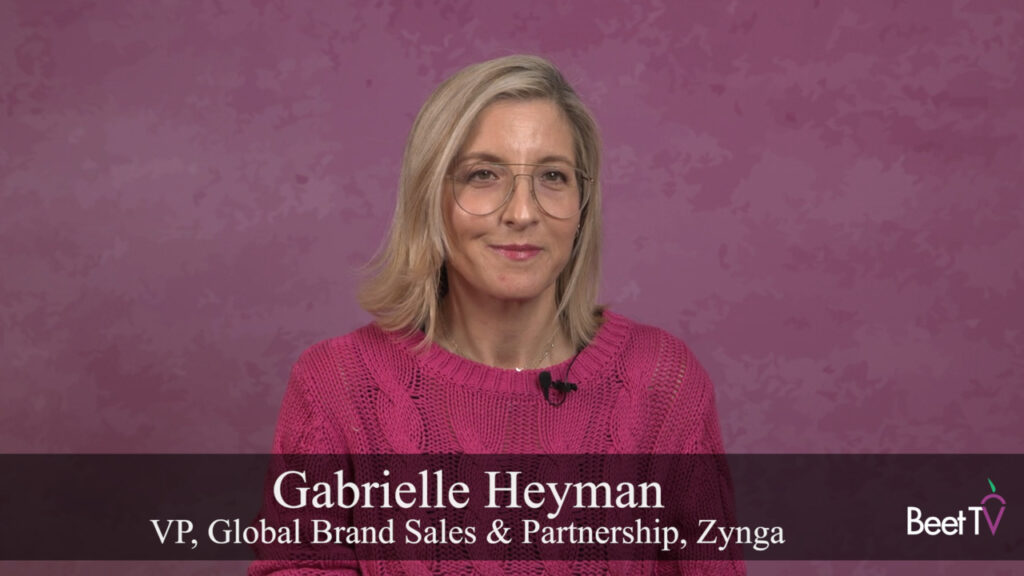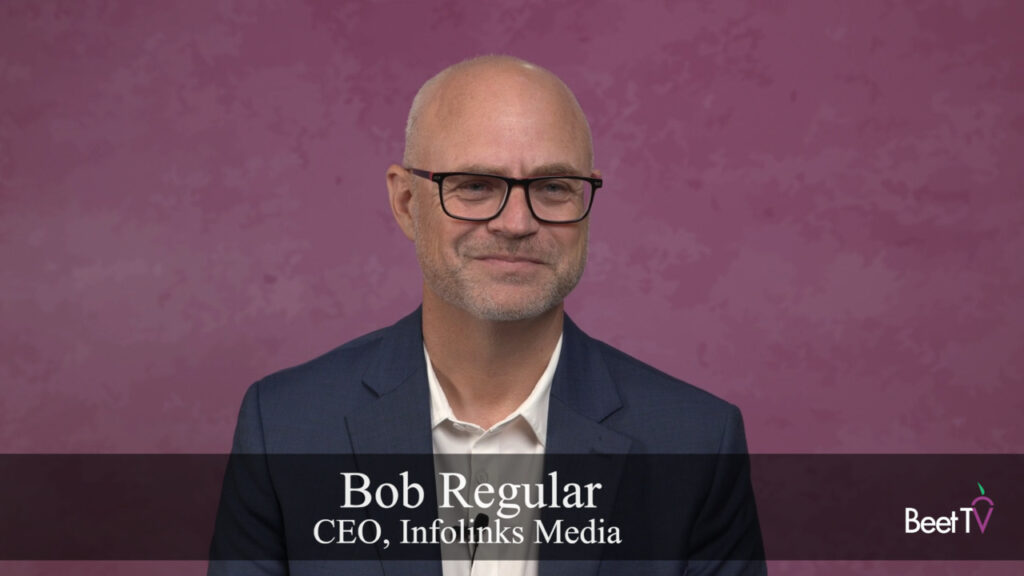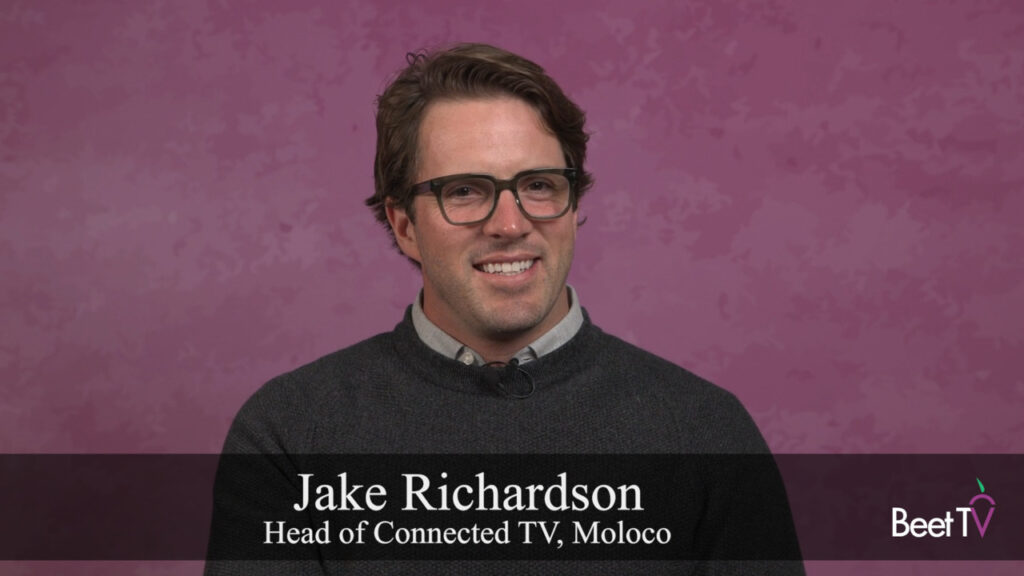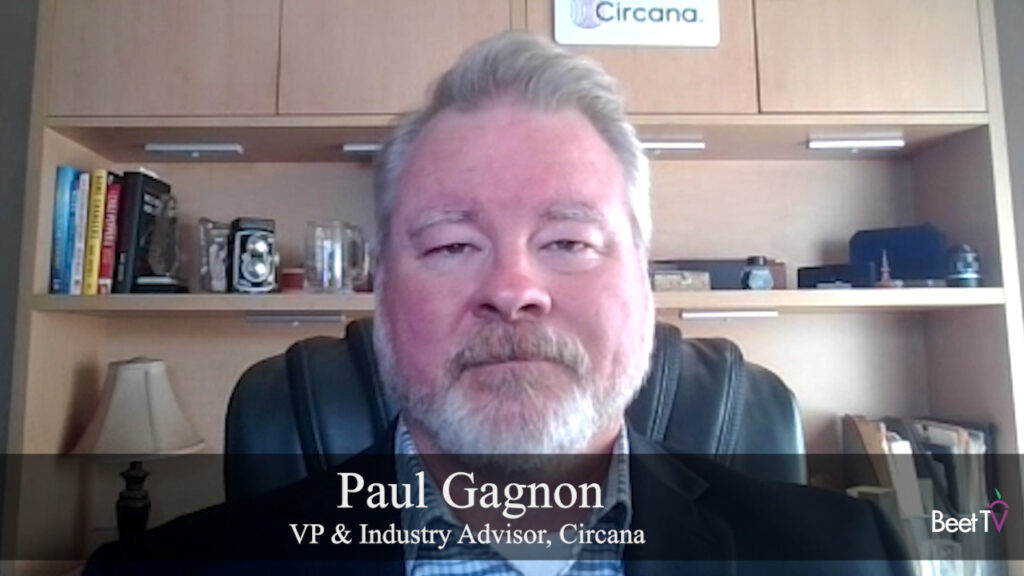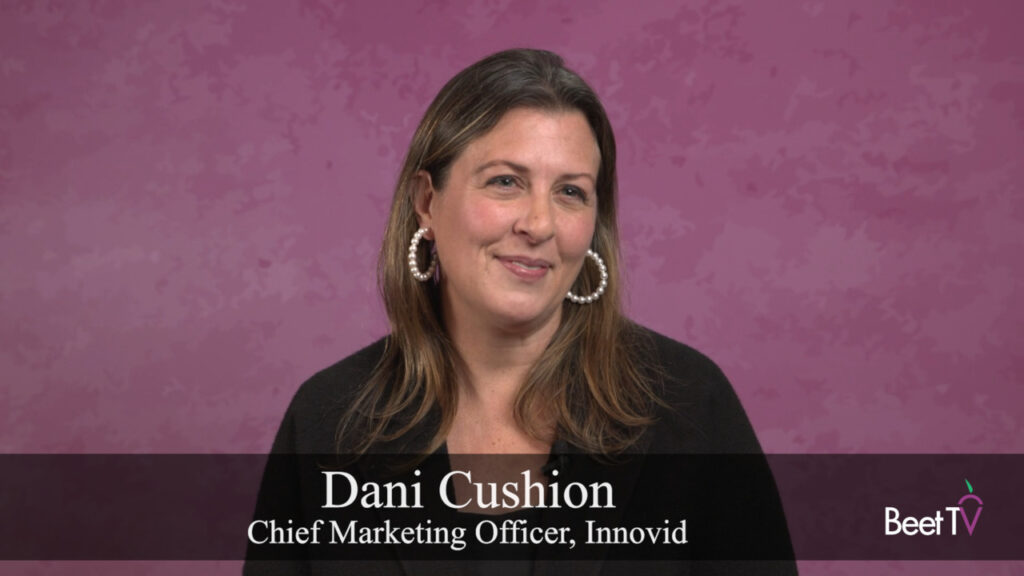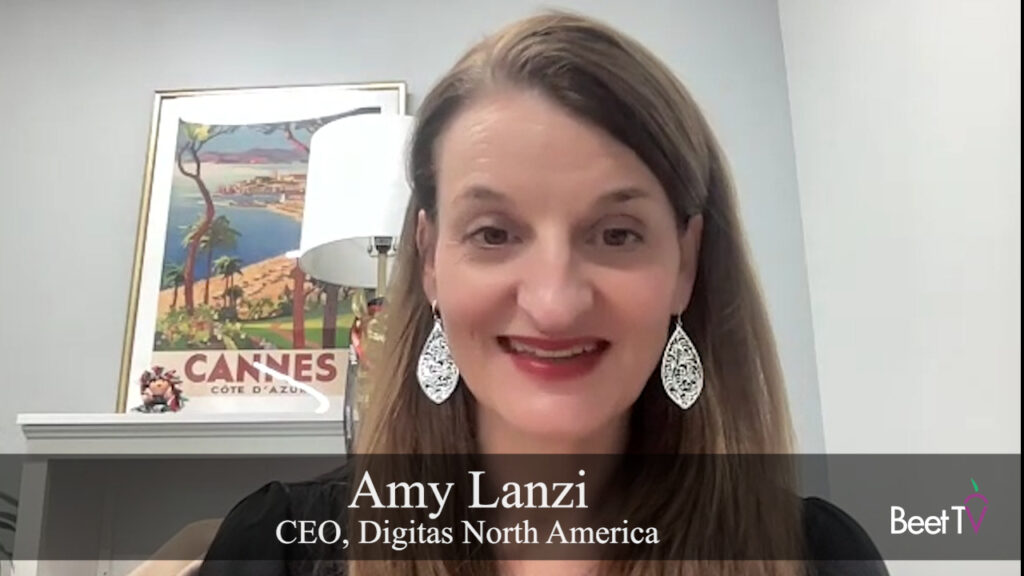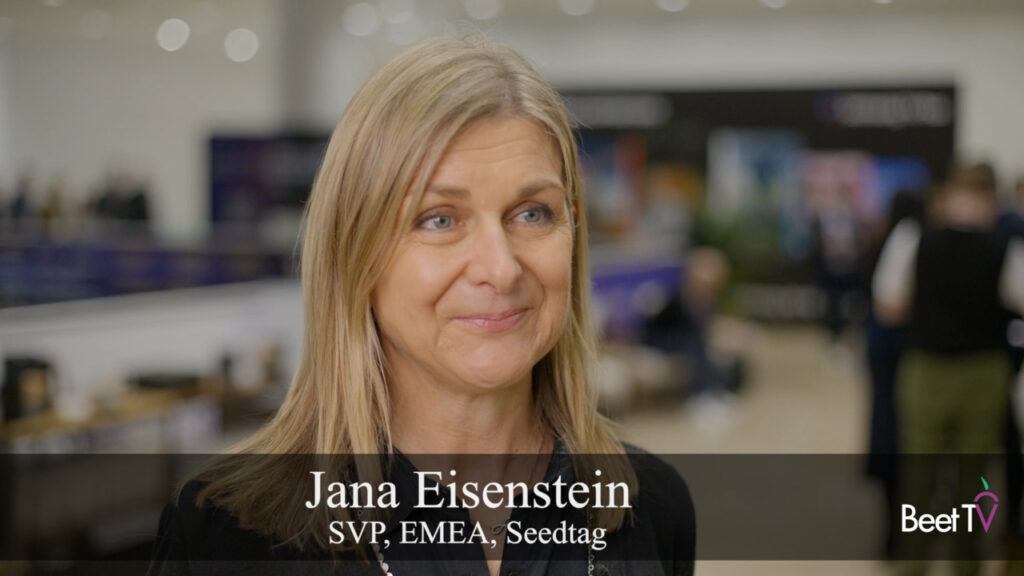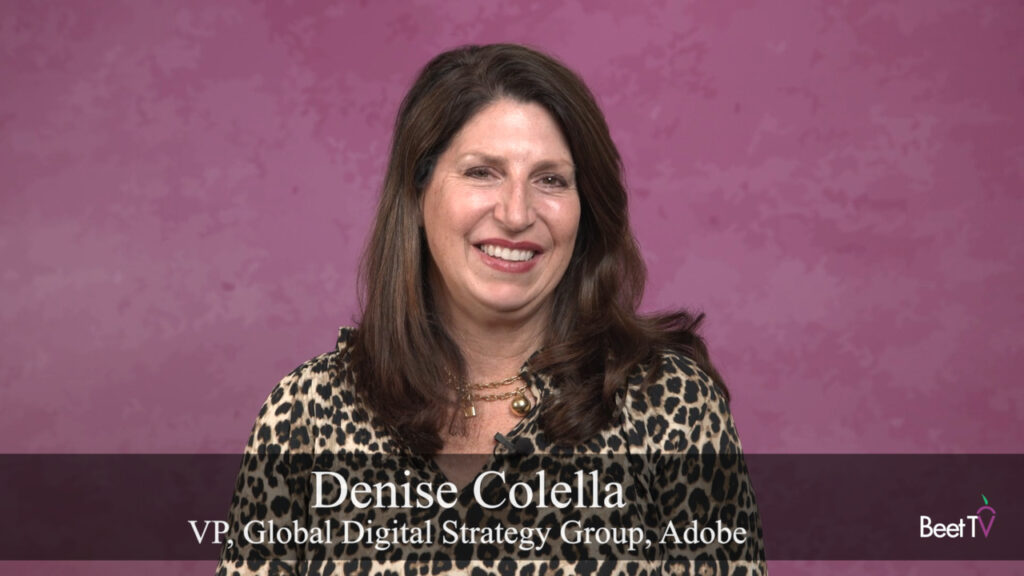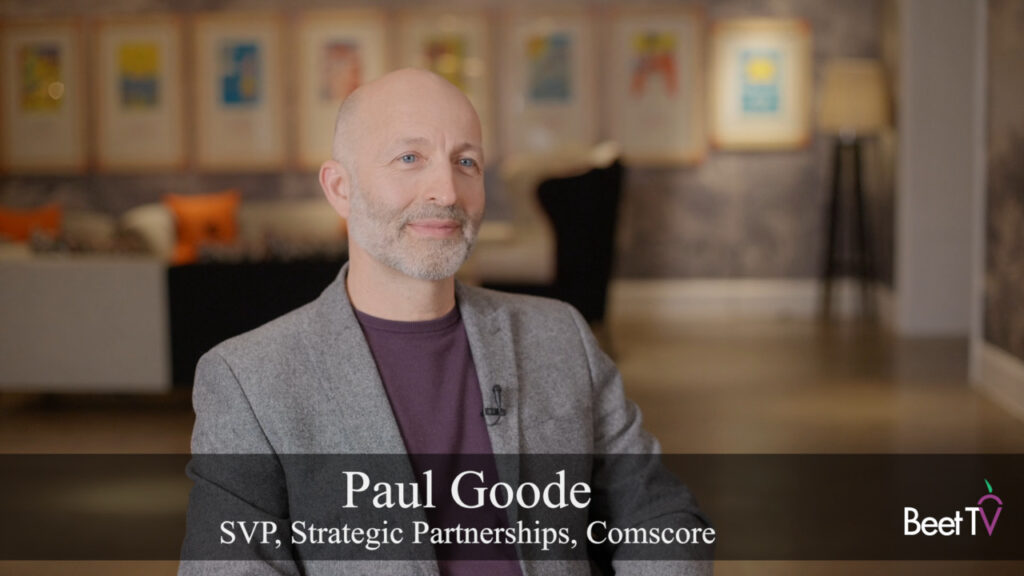Just as software for putting still images on a web page is free, so should codecs for encoding and decoding video, said Philippe Le Hegaret, Architect Domain Leader at the World Wide Web Consortium (W3) headed by Tim Berners-Lee.
Video encoding, the essential process in which video is compressed, converted and then decoded for the Web, is patented by entities including Fraunhofer, Futjisu, Sony, The Trustees of Columbia University, Microsoft and Hitachi.
These groups license software, called codecs, to be used in various formats including Flash, WMV, MPEG 4 and Silverlight. Information on this can be found at MPEG LA.
The W3C advocates a revolutionary idea: the availability of a royalty-free encoding technology so anyone can create video without having to pay.
An open-source, free codec called Theora, is about to get wide visibility with its emergence on the latest versions of the Mozilla and Opera browsers, where it is in very early Alpha. PC Week reported on this Friday with a story from Jeremy Kirk.
Theora is an evolved version of an early On2 codec, VP3, which was released by the company for the open source community. It has been developed by Xiph.
Philippe is not sure that Theora is the answer to royalty-free encoding as there are complex patent law issues, but it’s an important development, he says.
In a glimpse of likely patent battles ahead, just this week, Nokia raised objections to W3C’s approach to free codecs. (Earlier this week Beet’s European Correspondent Mika Hentunen interviewed Nokia’s top intellectual property exec in Helsinki.)
Phillipe was in New York today where he was a speaker at the Web Video Summit. He was on a panel about video search moderated by the Silicon Alley Insider himself Henry Blodget. Other panelists were Blinkx CEO Suranga Chandratillake and Thomas Wilde, CEO of EveryZing.
Tomorrow at Cisco’s San Jose headquarters, Philippe will co-chair an international panel on the future of Web video protocol with participants in San Jose and Brussels connected via a video conference hook-up.
Next installment of the interview, Philippe talks about the future of
video on the "semantic Web" and the organization of metadata. Stay tuned.
— Andy Plesser
You can grab the code of this interview right here.










